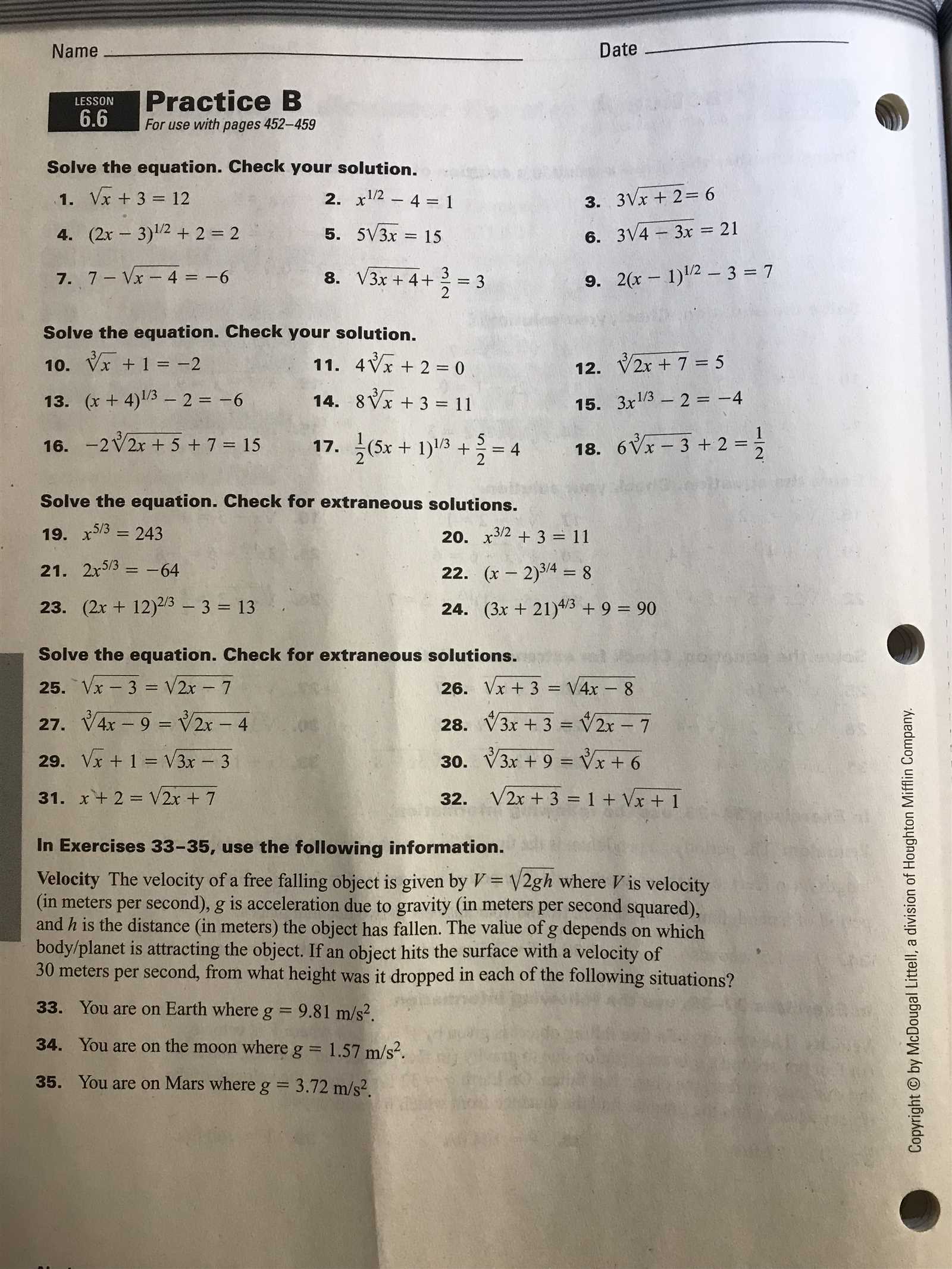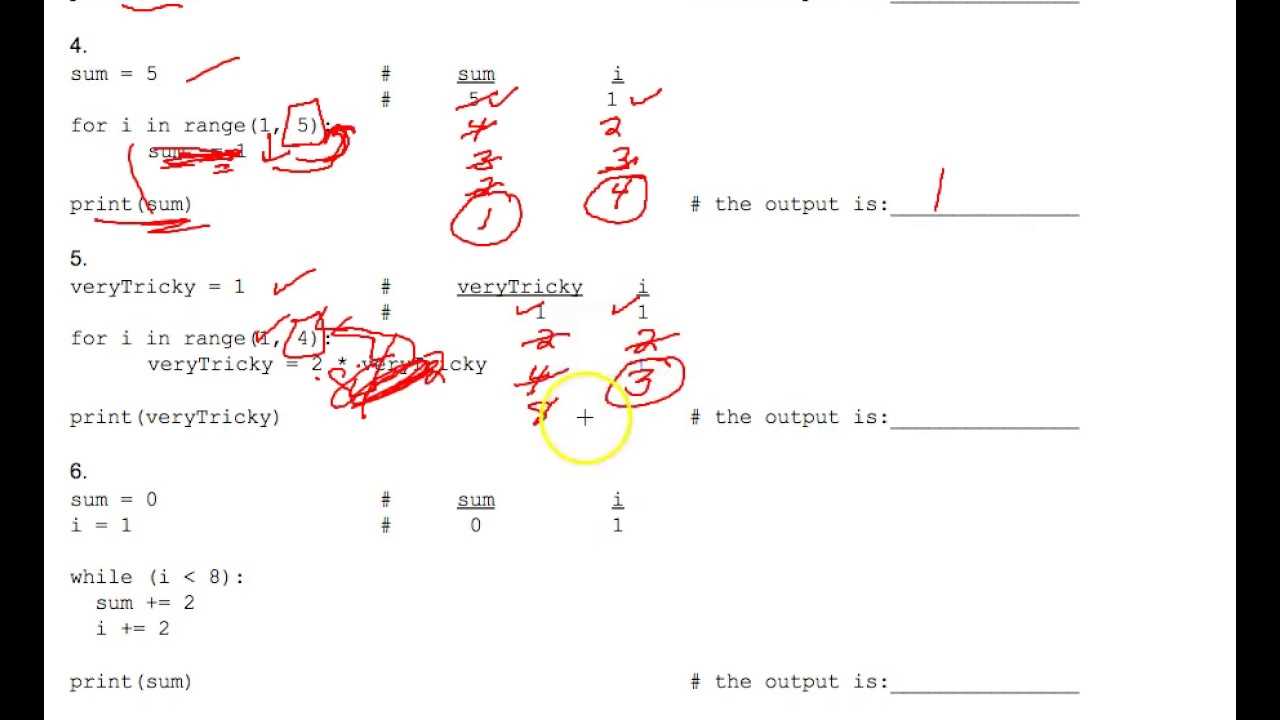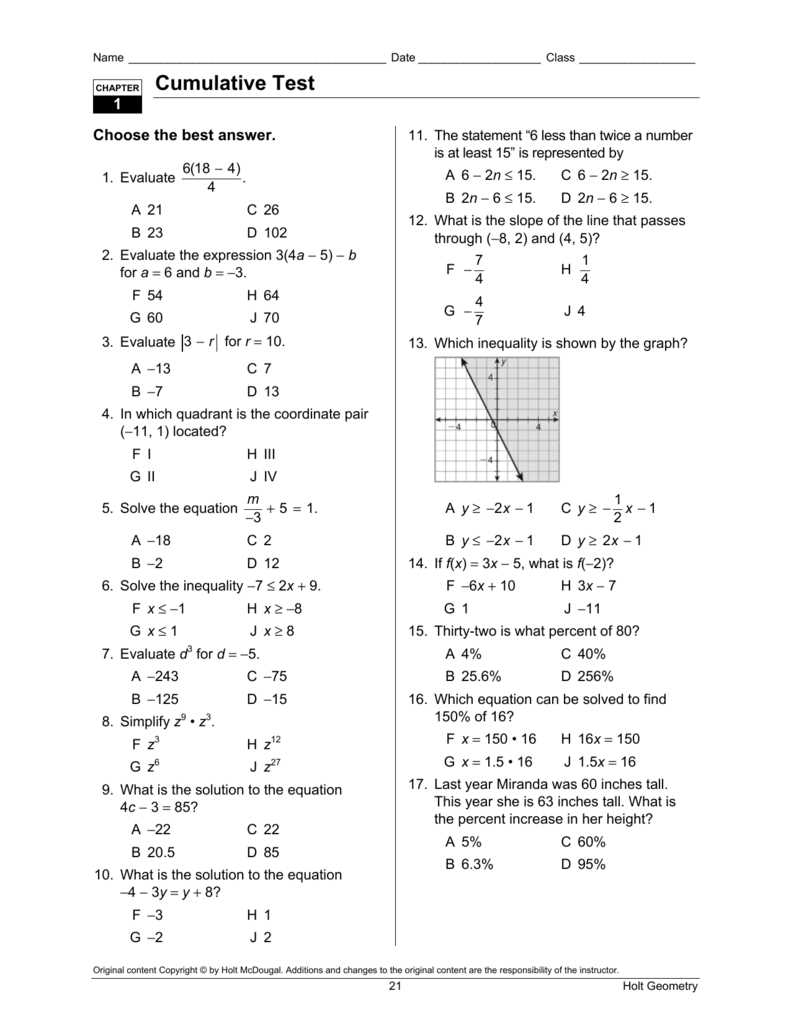
Success in language learning assessments depends on more than just memorization. It requires a solid understanding of key concepts, effective study strategies, and the ability to apply knowledge in different contexts. Preparing for a comprehensive evaluation can be challenging, but with the right approach, you can significantly improve your performance and confidence.
In this guide, we will explore essential tips and strategies to help you navigate through your language-related tests. From mastering important topics to using practice resources, we’ll cover everything you need to enhance your chances of achieving excellent results. With a focused approach, you can tackle even the most difficult questions and excel in your assessments.
Tips for Acing Your Language Assessment
To excel in any language evaluation, you need to approach it with a clear plan. Focus on mastering the essential topics, practicing regularly, and reviewing key concepts that are likely to appear. Strong preparation involves not only learning vocabulary and grammar rules but also developing the skills to apply them in real-life contexts.
One effective strategy is to break down your study sessions into manageable chunks. Instead of trying to cover everything at once, focus on one topic or skill at a time. This allows you to retain information better and reduces the feeling of being overwhelmed. Practice with sample questions and review your mistakes to understand where improvements are needed.
Consistency is key. Make studying a daily habit, even if it’s just for a short period. This regular routine will help reinforce what you’ve learned and build your confidence. By staying organized and maintaining a focused mindset, you’ll be well on your way to achieving great results.
Understanding the Language Assessment Format
Every language assessment has its unique structure, and understanding this format can significantly improve your preparation and performance. Familiarizing yourself with how questions are presented and what types of tasks you will face is essential for planning your study strategy. Most evaluations will assess a range of skills, including vocabulary recall, grammar usage, and comprehension abilities.
Typical Question Types

The assessment typically includes a mix of multiple-choice, fill-in-the-blank, and short-answer questions. These different formats test your ability to recognize and apply language rules in various contexts. Being prepared for each type ensures you can approach every section with confidence.
Time Management During the Assessment
Time management plays a crucial role in performing well on any language evaluation. Knowing how long to spend on each section and prioritizing the more challenging areas can make a big difference. Developing a strategy for efficient pacing will help you avoid rushing through questions and making avoidable errors.
| Question Type | Skills Tested |
|---|---|
| Multiple-Choice | Vocabulary, grammar knowledge, and context interpretation |
| Fill-in-the-Blank | Grammar, sentence structure, and vocabulary |
| Short Answer | Writing ability, sentence construction, and understanding of key concepts |
By understanding the layout and types of questions you’ll face, you can effectively prepare for the challenges ahead. Familiarity with the structure helps you stay focused and organized during the assessment, ensuring that you make the most of your time and knowledge.
Common Challenges in Language Assessments
Language evaluations often present several challenges for learners, even for those who have put in significant effort. Understanding these common obstacles can help you better prepare and approach the assessment with confidence. It’s essential to identify the areas that tend to be difficult and work on strengthening those skills before the test.
Key Difficulties Students Face
- Understanding complex grammar rules and their exceptions
- Memorizing vocabulary and applying it correctly in sentences
- Comprehending written or spoken material quickly
- Managing time effectively under pressure
- Feeling overwhelmed by the amount of material to review
Strategies to Overcome Challenges

Each of these obstacles can be tackled with the right strategies. Regular practice, breaking down study sessions into smaller, manageable parts, and using active learning techniques can all help improve your performance. Focus on areas where you struggle the most and seek out additional resources to reinforce your knowledge.
- Practice grammar rules with examples to internalize them.
- Review vocabulary regularly and use flashcards to strengthen recall.
- Listen to audio resources to enhance listening comprehension.
- Take timed practice tests to improve your pacing.
- Stay organized and focused by creating a study plan.
By recognizing these challenges and using targeted strategies to address them, you can turn your weaknesses into strengths and approach your assessment with a greater sense of preparedness and confidence.
How to Prepare Effectively for the Assessment
Proper preparation is the key to performing well in any language-based assessment. The more organized and strategic your study plan, the better your chances of succeeding. Instead of cramming at the last minute, focus on creating a consistent routine that helps you absorb material over time. It’s also important to identify which areas need more attention and direct your efforts accordingly.
Establish a Study Schedule
One of the most effective ways to prepare is by sticking to a study schedule. Set aside dedicated time each day to focus on different topics, and make sure to review previously learned material regularly. This consistent approach allows you to cover all necessary areas without feeling overwhelmed.
Use Active Learning Techniques
Rather than passively reading through notes, engage with the material actively. This can include techniques such as practicing writing sentences, speaking out loud, or completing exercises that challenge your understanding. Active learning strengthens your ability to retain and apply what you’ve learned.
Utilize Practice Resources such as online quizzes, flashcards, and sample questions to simulate the test environment. Repetition is essential to solidifying your knowledge and improving recall under timed conditions. By combining these strategies, you’ll be fully prepared and confident going into the assessment.
Key Concepts to Focus on for Success

Focusing on the right concepts is essential when preparing for any language assessment. It’s not just about memorizing vocabulary, but understanding the rules, structures, and contexts that will allow you to use the language effectively. Identifying these core areas and giving them priority during your study sessions will set you up for success.
Grammar and Sentence Structure are fundamental to your ability to form coherent sentences and express yourself accurately. Pay special attention to verb conjugations, sentence order, and the use of articles and prepositions. Mastery of these concepts will enable you to construct sentences more confidently.
Vocabulary is another critical area to focus on. Make sure you are familiar with common words and phrases used in everyday situations. This will not only help with understanding questions but will also allow you to respond appropriately when required.
Listening and Comprehension Skills are also key. Being able to understand spoken material quickly and accurately will give you a significant advantage. Practice with various audio resources, and work on interpreting the meaning based on context and word recognition.
Pronunciation and Speaking are important as well, especially when it comes to applying your language skills in real-world situations. Although not all assessments will focus on speaking, practicing your pronunciation and fluency will increase your overall confidence and ability to understand others. By concentrating on these essential concepts, you’ll have a strong foundation for success.
Using Practice Tests to Boost Your Score
Taking practice tests is one of the most effective ways to prepare for any assessment. They not only familiarize you with the format and timing of the test but also help identify areas where you need improvement. Regularly completing these tests will enable you to refine your skills and build confidence as you approach the real challenge.
Why Practice Tests Are Important
- They help simulate the actual test environment, reducing anxiety on test day.
- They allow you to track your progress and focus on areas that require more attention.
- They improve your time management skills by getting you used to answering questions under pressure.
- They provide immediate feedback on your strengths and weaknesses, helping you adjust your study plan accordingly.
How to Maximize the Benefit of Practice Tests
To get the most out of practice tests, take them under conditions similar to the actual assessment. This means timing yourself and avoiding interruptions. After completing a test, review your mistakes carefully to understand why you got certain questions wrong. Focus on those areas in your study sessions to ensure you improve before the real assessment.
- Take multiple practice tests over time to track your improvement.
- Focus on challenging sections and retake those practice tests to reinforce your learning.
- Use practice tests as a tool for active learning–reviewing questions you got wrong to gain a deeper understanding.
By incorporating practice tests into your preparation, you can sharpen your skills and boost your overall performance.
Where to Find Reliable Assessment Resources
When preparing for any academic evaluation, it’s crucial to rely on trusted and accurate resources. Using high-quality materials ensures that your preparation is effective and aligned with the actual content you’ll encounter. Finding dependable study tools can make a significant difference in your performance.
One of the best places to find resources is through official course materials or platforms provided by your instructor. These resources are tailored to the curriculum and give you a solid foundation for the assessment. Additionally, educational websites and apps often offer practice materials that simulate the test environment, allowing you to gauge your readiness.
Another reliable source is textbooks or study guides designed specifically for the subject. These often break down key concepts in an easy-to-understand format and include exercises that are similar to what you’ll encounter. Make sure to check reviews or recommendations from educators to ensure their quality.
Online forums and student groups can also be helpful, but exercise caution. Verify any shared resources to avoid misinformation. Engaging with peers can provide useful tips, but always cross-check any advice with verified materials.
Finally, don’t forget to make use of libraries or online databases for scholarly articles and reference materials. These can offer deeper insights into challenging topics and help expand your understanding of complex concepts.